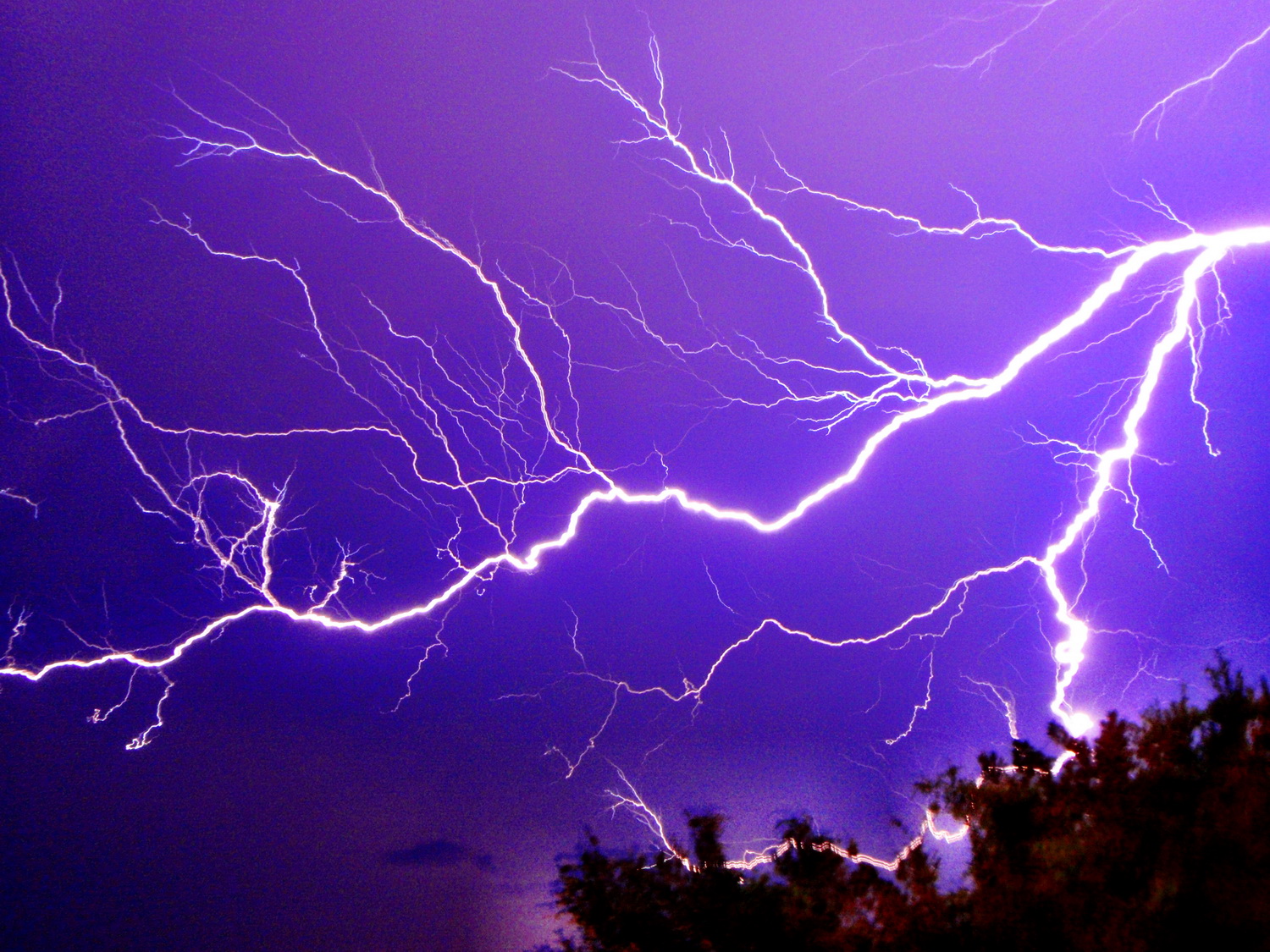It’s a cool Sunday afternoon — a warm 60 degrees relative to the previous week’s winter storm and the coming week’s projected blizzard. You open some windows around the house, grab an entire box of diet soda cans, and plop down in your beloved armchair, ready to take a day off from life and watch sports until someone scolds you to stop being such a bum. You grab the remote and turn on ESPN, but are greeted by some guys playing StarCraft in a nationally televised spotlight. A South Korean professional StarCraft II player just landed an athlete’s visa to come to the US, so this professional gaming dystopia could become a very real hell for those that would rather watch football on a Sunday afternoon than fall prey to the rhythmic, mesmerizing pulsations of a Zerg rush.
The player, Kim Dong-hwan, received a P-1A visa, which is generally given out to athletes. Kim, who goes by the handle viOLet has been traveling between South Korea and the US in order to participate in pro-gaming StarCraft tournaments. He was using a visa waiver, and living at his manager’s apartment between tournaments. Eventually, though, he was told he was traveling between the countries so much that he wouldn’t be allowed back without a true visa. Dong-hwan tried to get a student visa, but was denied.
Though Dong-hwan isn’t even ranked in the top 20 of StarCraft players — he’s ranked 63rd — both Blizzard and Twitch helped the pro gamer get his visa by writing letters of recommendation to the US Citizenship and Immigration Services. Regardless of how you feel about competitive gaming as a legitimate career, it is indeed the career of these players, so the lack of visa prevents them from making a legal living utilize their best skills. Fortunately for Kim but unfortunately for what is likely many other people, having Twitch and Blizzard get your back appears to be enough to get you into the country.
What’s most interesting, though, is that athlete visa Kim received. It’s not an unwavering government endorsement that professional gamers are athletes, but it’s certainly saying that they are more than it’s saying that they aren’t.




